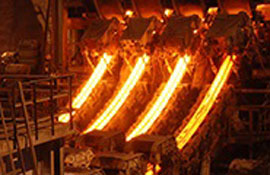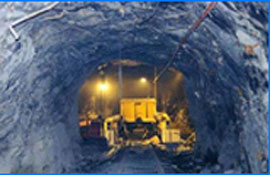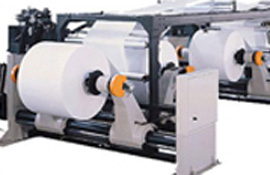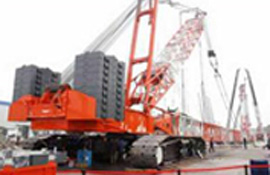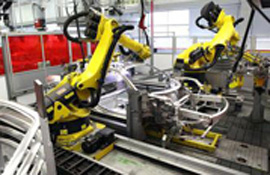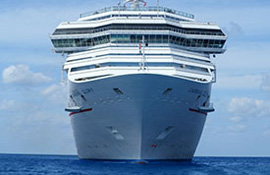Stainless Steel Tapered Roller Bearings
Stainless steel tapered roller bearings are an important component of many industrial applications. They can withstand high radial and axial loads, have excellent rigidity and are highly resistant to corrosion. These products are also suitable for various applications that require a long service life and low maintenance costs.
They can be used for both single and double row applications. The load capacity and contact angle are both determined by the angle between the inner and outer ring races.
These bearings are also available in a wide range of sizes to accommodate different end-use requirements. You can select them for your application based on the type and amount of radial or axial load they will carry, as well as their operating speed and temperature.
The material they are made from is also essential to ensure their performance and durability. For example, they should not be subjected to elevated temperatures or heat treatments that can degrade the material or cause cracking.
Chrome steel is the most common material used to make precision ball bearings, roller bearings, and tapered roller bearings. It is primarily composed of carbon with about 1.5% chromium. It undergoes controlled processing and heat-treating methods to produce finished bearing components with high strength and a surface hardness ranging from 60 to 64 on the Rockwell hardness C scale, which increases their resistance to subsurface rolling contact fatigue.
They are also known for their high level of accuracy, allowing them to withstand high radial and axial pressures. This makes them a valuable part of the manufacturing process and critical to the efficiency of any machine or system that uses them.
These types of bearings can be found in a variety of applications, from automotive to heavy industrial gears. They are particularly useful for distributing loads and changing them in a variety of directions.
Their angled design concentrates radial and axial loads to create one unified load, which is easier to harness. This helps minimize friction and decreases wear and tear on the equipment they are used to support.
They can withstand a large range of operating temperatures, from -60 to +300 degrees Fahrenheit. They are also able to withstand harsh chemicals, such as chlorine and sulphuric acid.
This helps protect the bearings from corrosion and other environmental conditions, and ensures their long life. They are a good choice for any type of industrial application.
When choosing a stainless steel bearing, it is crucial to work with a vendor that specializes in these types of bearings and can help you find the right fit for your needs. They can advise you on the proper materials, cage types, heat treatment of the raceways, preload for the bearings, lubricant types, relubrication methods, and other aspects that will affect their performance.
In addition, you need to understand the design of the tapered roller bearings to ensure they will be able to handle the radial and axial forces you need them to. For example, a steep angle can increase the thrust/axial load that the bearing can handle, while a shallow angle can reduce radial load carrying capacity and increase stress on the sides of the rollers.



